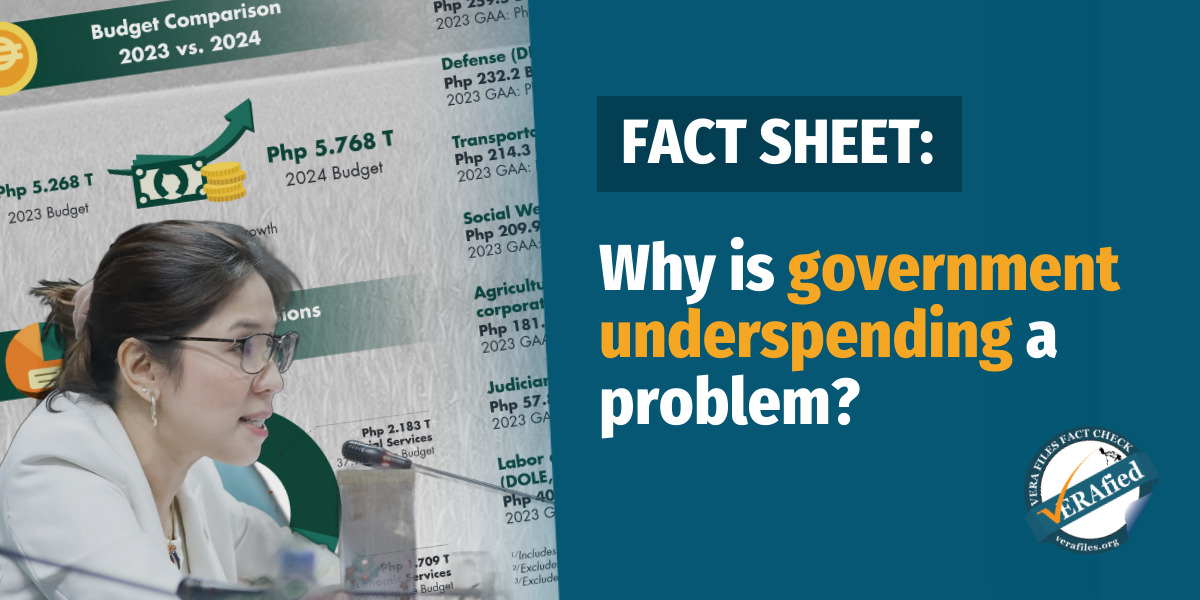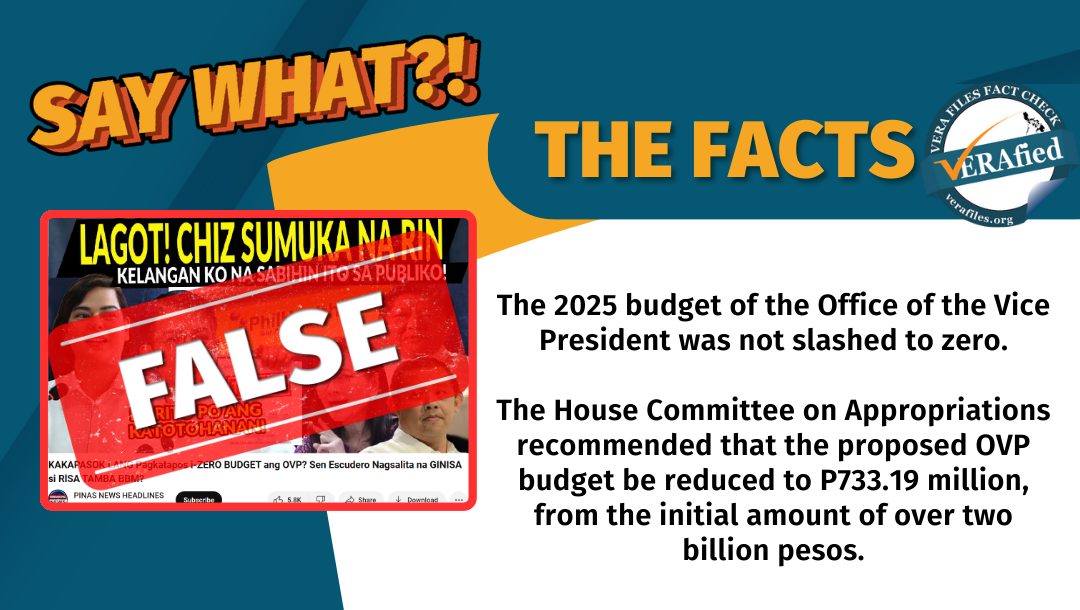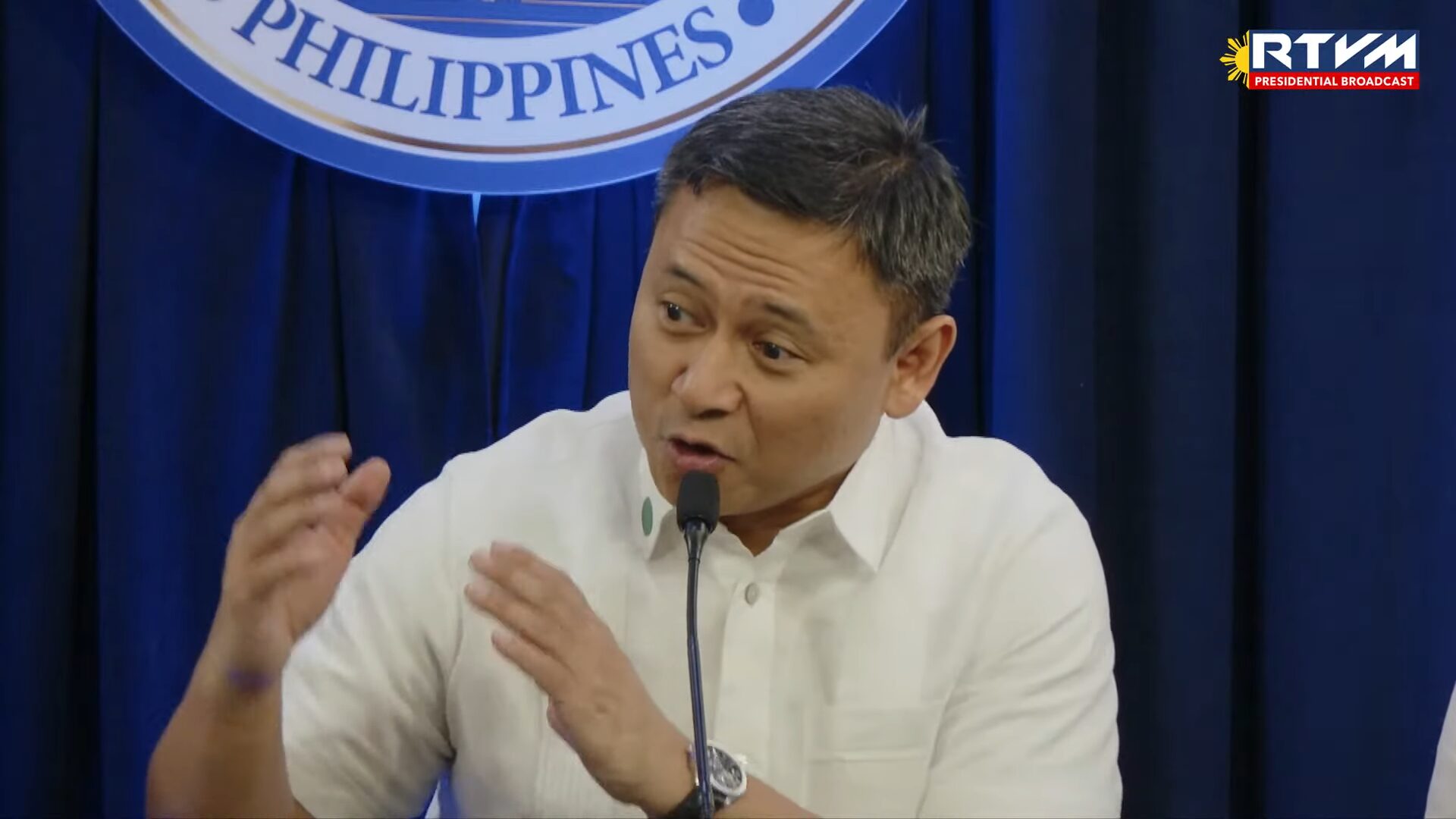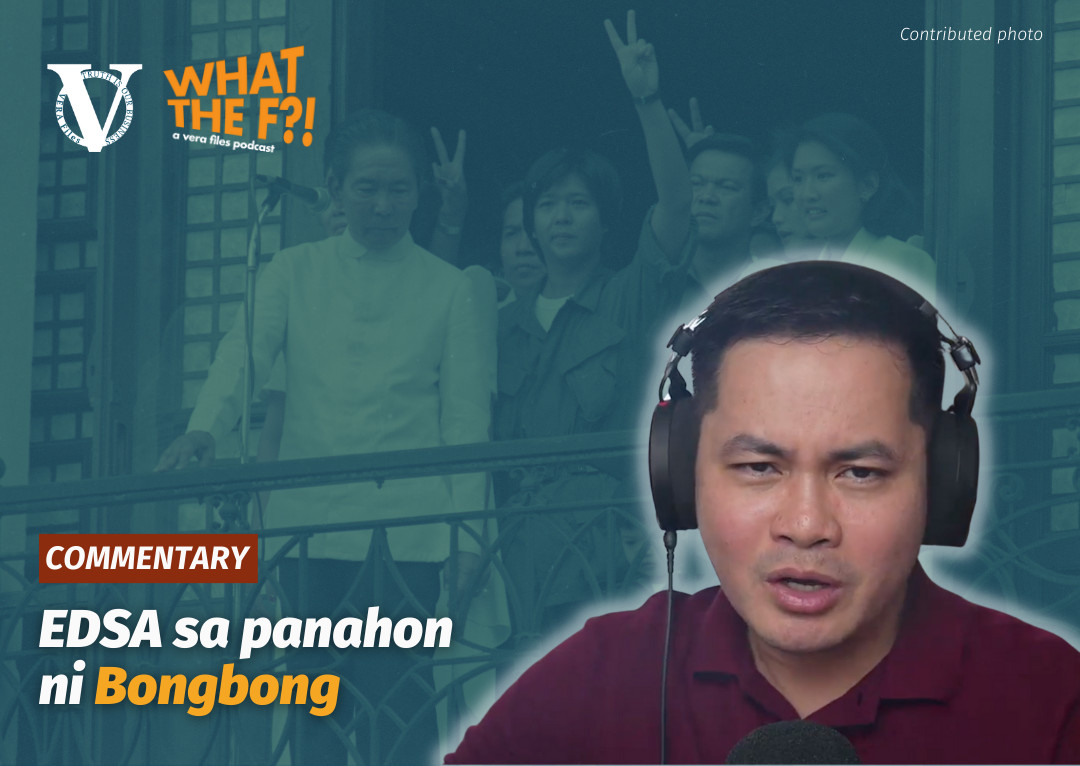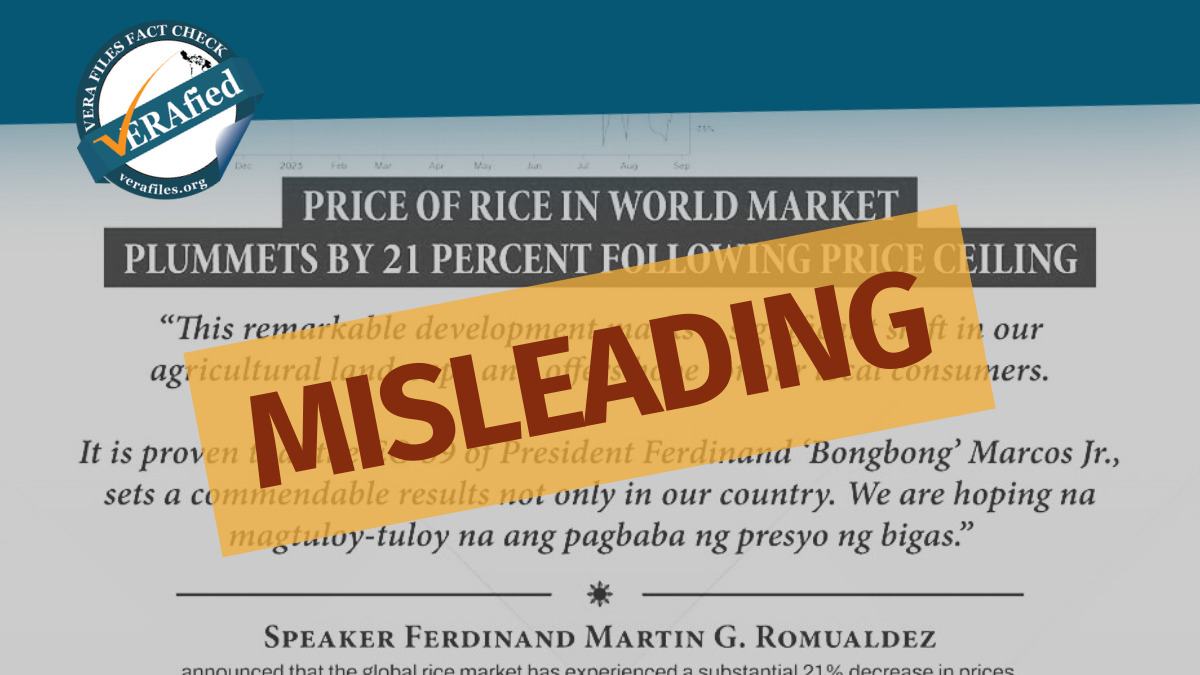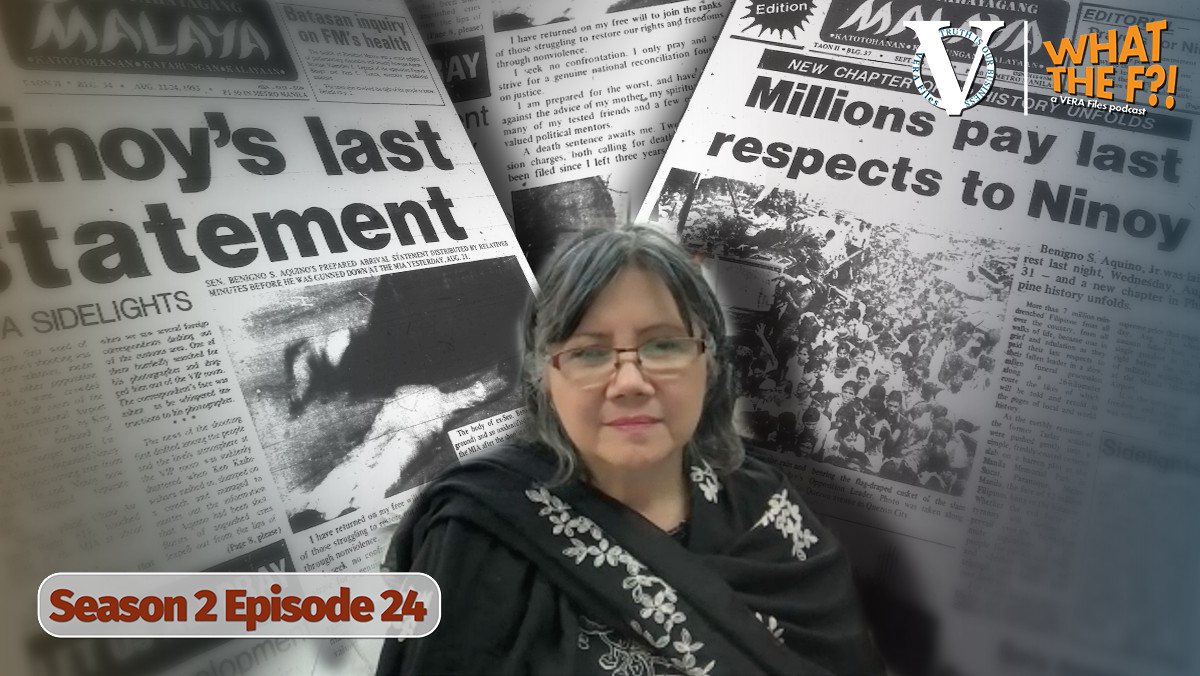In a sectoral meeting in Malacañang on Aug. 15, President Ferdinand Marcos Jr. directed agencies to address underspending and improve their budget utilization.
The growth in government underspending in the second quarter of the year has been a concern raised during budget briefings both in the Senate and the House of Representatives over the past weeks.
Why is it important to address underspending by government offices? Here are things you need to know:
-
What is underspending and which offices were flagged for it?
At the Development Budget Coordination Committee (DBCC) briefing in the Senate on the proposed P5.678 trillion budget for 2024 last Aug. 15, Secretary Amenah Pangandaman of the Department of Budget and Management (DBM) defined underspending as “the difference between the programmed disbursements from actual disbursements.”
According to the data she presented, a disbursement of P2.5 trillion was programmed for the first semester of 2023. However, actual disbursements amounted only to P2.4 trillion, resulting in P170.5 billion in underutilized funds.
In a budget briefing at the House of Representatives on Aug. 10, Pangandaman showed a list of agencies that had low fund use. The Department of Information and Communications Technology topped the list with only a 5.6% utilization rate.
According to the general provision in the General Appropriations Act (GAA) for 2022 and 2023, unexpended or undisbursed funds after the end of the validity period should be reverted to the unappropriated surplus of the General Fund, as provided under Executive Order No. 292. It should not be spent except when another law is passed authorizing the disbursement.
-
Why are government agencies underspending?
During the Aug. 15 DBCC briefing in the Senate, Pangandaman explained the factors that contributed to the underspending of offices.
“In general, this is due to the ongoing implementation and procurement of programs, activities, and projects of various agencies at this time of the year,” she said.
Based on the preliminary data gathered by DBM in coordination with implementing agencies, Pangandaman detailed some of the issues that resulted in the low disbursements:
- Substantial outstanding checks were recorded as of June 2023, which means that issued checks were yet to be disbursed
- Ongoing implementation of socio-protection programs, particularly the registration and validation of beneficiaries
- Procurement-related difficulties
- Ongoing right-of-way and site acquisition and utility relocation for land and rail transport projects under the Department of Transportation
- Billing concerns from suppliers and creditors such as the late submission of billing statements and compliance with documentary requirements.
Pangandaman explained that some of these procurement-related difficulties involve the late delivery of goods and failed auctions due to withdrawal or disqualification of bidders, unavailability of competent suppliers as well as lack or late submission of supporting documents.
-
Why is underspending a problem?
The country’s gross domestic product (GDP) grew by only 4.3% in the second quarter of 2023, slower than the 6.4% in the first quarter and 7.5% in the same period last year.
This was primarily attributed to weaker consumption due to persistent high consumer prices and a decline in government spending, which contracted by 7.1% from April to June 2023.
In an event organized by the University of the Philippines School of Economics last Aug. 19, Pangandaman said the country’s GDP would have reached 5.3% in the second quarter if only the government spent at least P65 billion from the P170-billion gap.
During the same DBCC hearing in the Senate, Pangandaman laid out the Budget department’s plans to address underspending, which primarily consists of an amendment to the procurement law, issuance of early release of allotment and launching of a government purchase card.
According to the Budget secretary, fast-tracking the issuance of allotment orders will allow agencies to start implementing programs as soon as the budget becomes effective. Government purchase cards, on the other hand, will help cut the time needed to liquidate government transactions and reduce cash handling of government agencies.
On Aug. 10, the DBM issued Circular Letter No. 2023-10, requiring agencies to submit “catch-up plans” to facilitate budget execution for the rest of 2023.
Earlier in May, DBM released a statement urging government agencies to ramp up their budget disbursement and spending.
“We all know that our national budget is the lifeblood of all government programs and projects. The faster we disburse and utilize our funds, the faster we can procure and implement our projects,” Pangandaman said.
“That’s why we want to remind our agencies to avoid underspending, given our very limited fiscal space. Again, we need to instill discipline in our national government agencies or we shall put the money to agencies which can really implement them. We have to remember, as early as the start of the year, we have emphasized that only implementation-ready proposals will be included in the 2024 budget,” she added.
The proposed P5.768 trillion budget for 2024 is 9.5% higher than the current year’s outlay and represents 21.8% of the country’s GDP.
